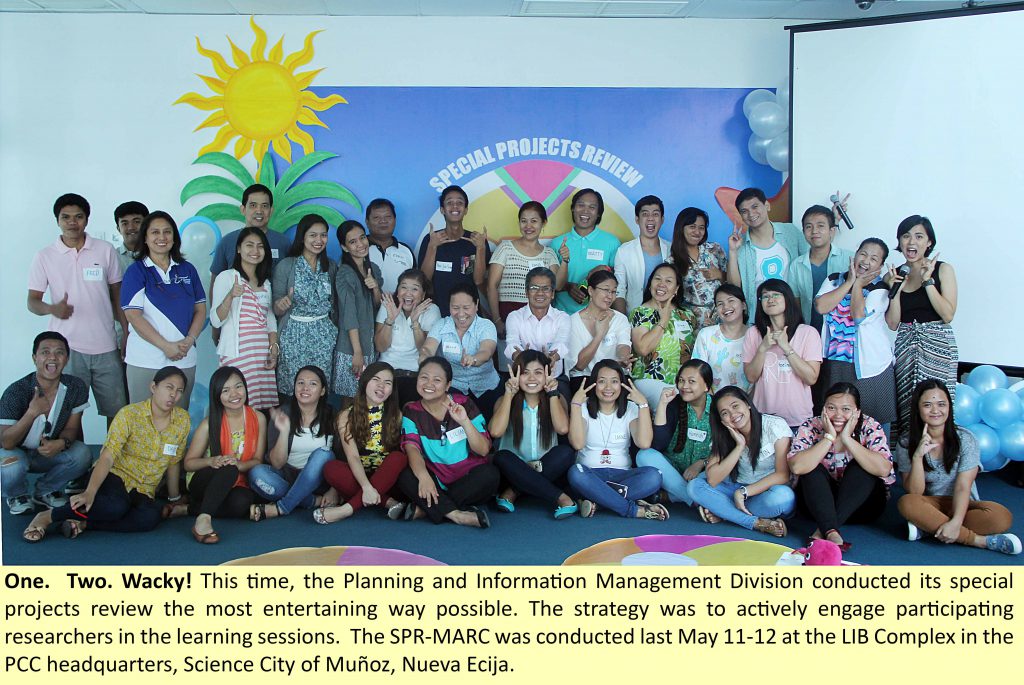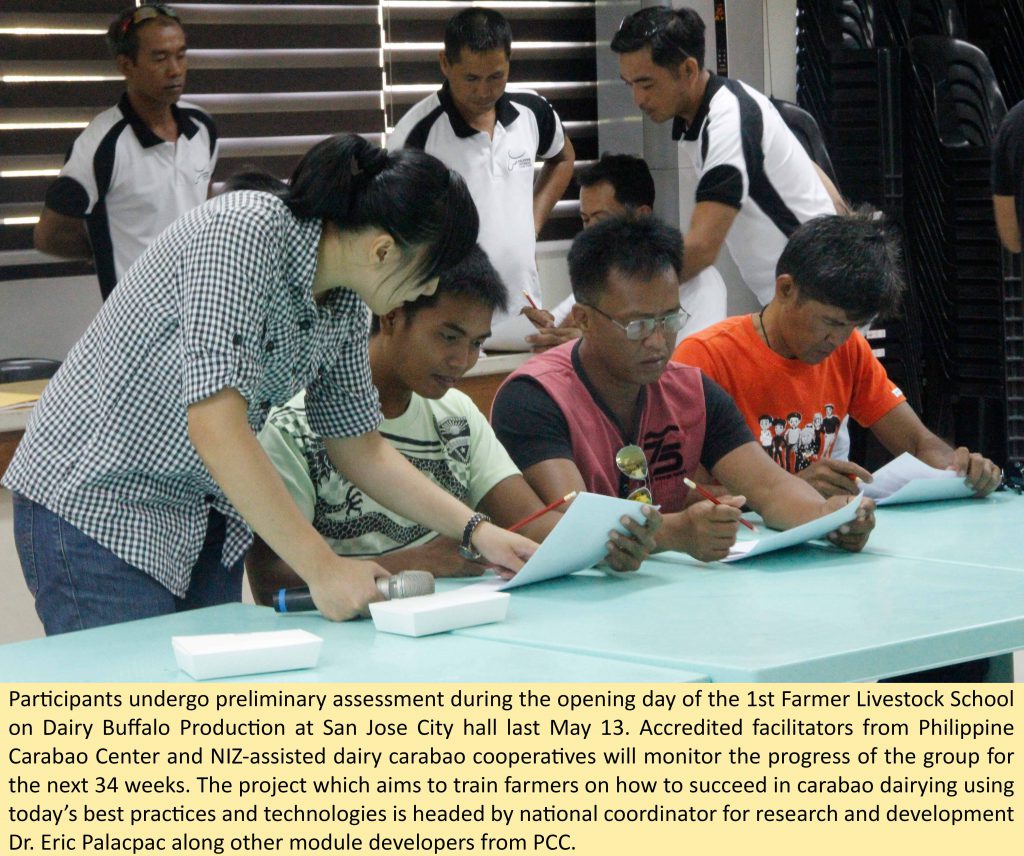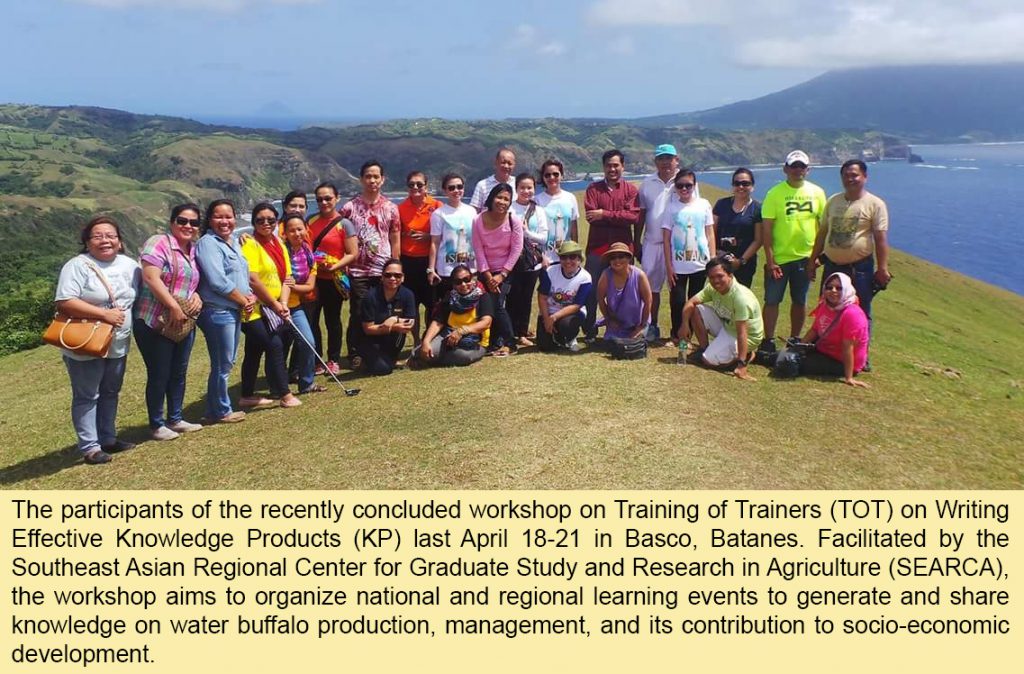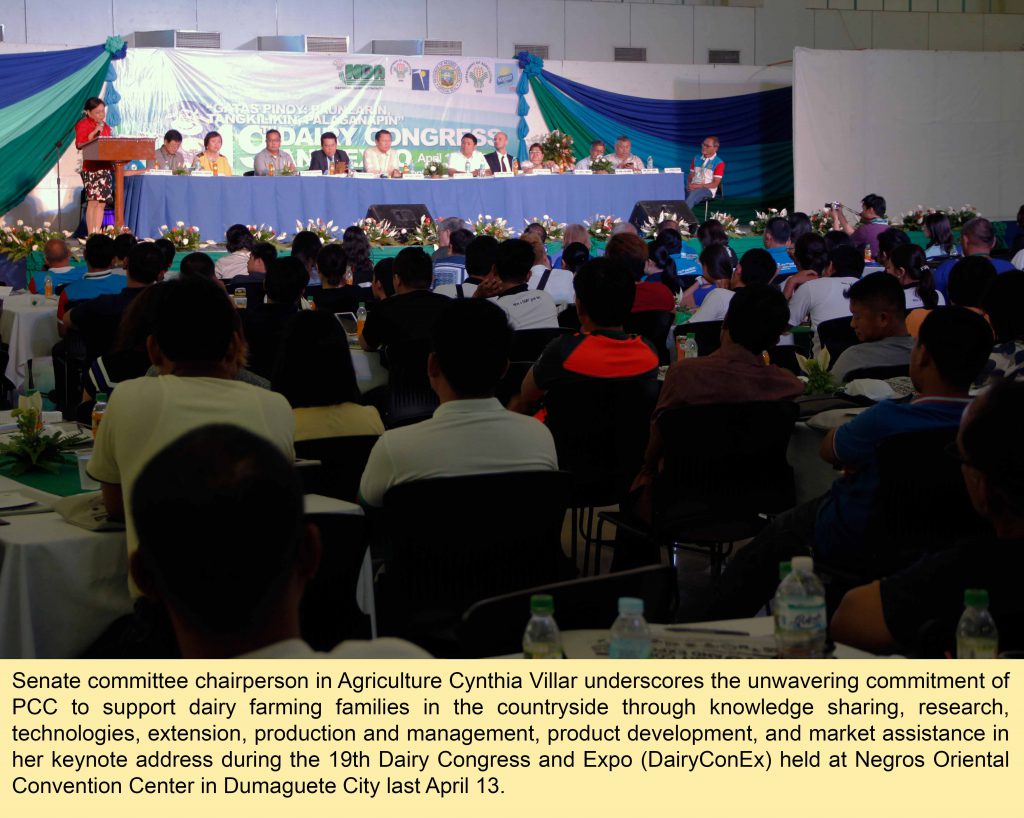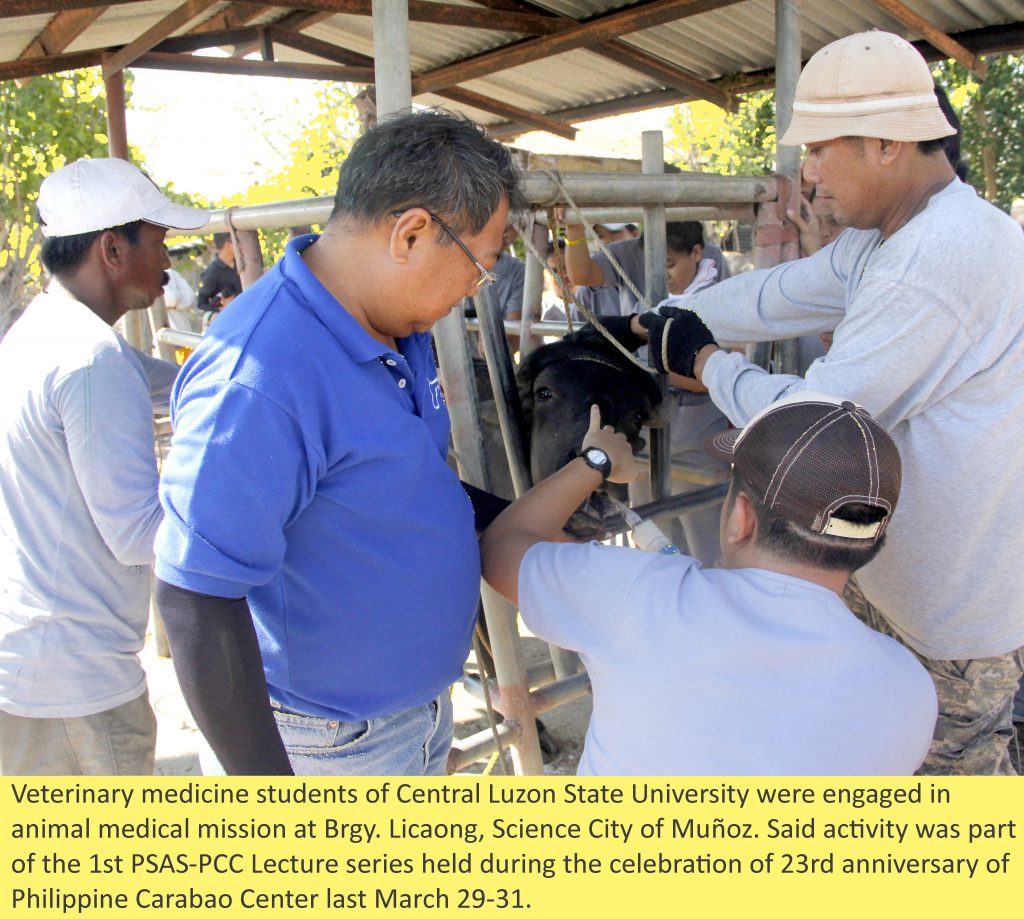Carabao’s milk can be transformed into high-end food products, which could be profitable sources of income especially for the rural families.
The carabao’s milk, aside from being a healthy and nutritious drink and as an ingredient for making milk candies, among others, can also be processed into high-end cheeses and ice cream that can be competitive products not only in the Philippines but in other countries as well.
For the Gawad Kalinga Enchanted Farm (GKEF), located at California St., Pandi Angat Road in Angat, Bulacan, their Gourmet Keso and Karabeau ice cream products are fine examples of this truism.
“The two products are outcomes of our two sustainable social enterprises that we established here in the GKEF to help the Filipino poor to have livelihood opportunities, help the dairy industry, and harness the potentials of dairying in the Philippines,” Erica Ng Wong, social entrepreneur and change catalyst officer of the Gawad Kalinga, said.
She added that the two enterprises are just among the 37 enterprises that they are currently promoting and sustaining in Gawad Kalinga (GK).
The GK is an entity pursuing a noble purpose of helping others. Its name is derived from Tagalog words “gawad” (provide) and “kalinga” (care). Thus, the GK’s purpose is to provide care for poor communities to grow and develop, the GK official explained.
The other enterprises pursued elsewhere by GK, Wong said, are the Aura Natura, Bambike, Bayani Brew, Enchanted Jams, Enchanted Farm Café, First Harvest, Friggies, Golden Duck, Grassroots Kitchen, Hamlet, Hiraya Chocolate, Human Nature, Plush and Play, Red Carpet,The Bee Empire Theo & Philo Artisan Chocolates and Trese, and others.
“The development of Gourmet Keso and Karabeau ice cream, along with other enterprises that we have here in the GKEF, is part of our mission to help end poverty in the Philippines,” Wong said.
She said that thirty percent of the proceeds from the marketing of these two products, like those of the enterprises they are assisting, goes to building the houses and dreams of people in poor communities.
Gourmet Keso
According to Wong, the Gourmet Keso uses carabao’s milk as its main ingredient.
The development of this enterprise, she said, was led by Marie Cavosora, the founder and chief enabling officer of the dairy yard in the GK community, with team members composed of Atty. Alexander L. Lacson and Atty. Patricia Ann T. Progalidad, who are both experts in their disciplines and in businesses enterprises.
Cavosora said that the Gourmet Keso is a type of high-end cheese, which is product of Europeans, Americans, and Filipinos collaborating together to produce the best that can be derived from dairying.
Its development, she added, has now evolved into a bigger type of a dairy-yard enterprise of people in communities working together. It, in a different way, provides the mechanism to erase the state of “poverty existing in their minds.”
“We are currently working with the Philippine Carabao Center and other organizations and agencies for the further strengthening of this enterprise,” Cavosora said.
With the help of other agencies, those involved in the enterprise are assisted in identifying sure markets for the raw milk harvest and developed milk products thru various types of trainings in dairy buffalo production, products development and in improving their general well-being.
“More than that, we seek the connectivity and partnerships that we can get from all the key players in the dairy value chain to attain the desired progress and development for the rural residents involved,” she said.
Among the cheeses being processed and sold are Bufaline Soave and Bufalina Brava. These cheeses carry the name “Gourmet Keso” as their brand.
The Bufaline Soave, according to Cavosora, is a semi-aged, semi-firm, creamy, mild yet flavorful kind of cheese. It is great when toasted on a baguette or the long thin loaf from French that is commonly made from basic lean dough, and punctuated with jam or salsa.
The Bufalina Brava, on the other hand, Cavosora said, is an aged, crumbly but creamy cheese, bursting with flavor and accented by herbs and spices. She explained that it is best tasted on a fresh baguette, on canapés (a small piece of bread or pastry) or sprinkled on garden salads.
Cavosora added that these cheeses are being processed through their collaborations with Marcial Mays, the processor of other high-end cheeses known by its brand—“La Latteria d’ Ischia” (see separate article about this brand on this issue of the newsletter), who serves as their processor for their cheeses.
She said that these cheeses are processed without additives, artificial flavors and substitutes.
“With the carabao’s milk natural goodness, there’s no need to over-process or compensate the products with additives. We simply make sure that we start with farm-fresh, organic carabao’s milk from our local farmer partners”.
She said the cheeses are processed in the European tradition of producing cheeses. Their usual buyers are the local and international visitors in the GKEF, she added.
“Each week, we are getting at least 700 visitors and guests in the GKEF, many of whom don’t go away without buying the products,” Cavosora said. “We sell the each product at Php195 in vacuum sealed-type packages,” she added.
Karabeau ice cream
While the Gourmet Keso attracts many buyers, the GKEF Karabeau Ice Cream as an enterprise is also doing well.
In fact, according to Wong, it is well-loved by the foreign tourists and guests and also by the interns that they have in the GKEF.
“To test the products, we conducted sensory evaluation and the result affirmed that it is really superb,” she said.
Wong added that they mostly pick international guest, intern and visitors in the sensory evaluation test that they conducted for their ice cream.
“Our French guests and other international guests loved our products. In fact, we actually have here our Italian visitor who keeps on coming back to our ice cream booth (located inside the GKEF) to buy ice cream for the last two weeks. Thus, we are very sure that they love our products,” Wong happily explained.
Wong said their ice cream is currently available in two flavors namely “malted vanilla blast” and “peanut butter goodness”.
“We just started this business last October 2014,” Wong said. “Thus, we are still in the process of developing new flavors for our products as part of our products development initiatives,” Wong explained.
She said they are working with Chef Kenneth Tordesillas of Hive Hotel & Convention Place in Metro Manila to develop new flavors for their ice cream. They include chocolate brownie with kasoy and Pinoy mint chocolates.
Two student scholars of the GKEF are working with them for this enterprise. The scholars are Krizteen S. Reyes, 18, and Rinalyn M. Pagao, 17 (both from Bulacan) who are on-the-job trainees as part of their requirements in their course on social entrepreneurship and preparation as future entrepreneurs.
She said the two are studying under the Gawad Kalinga’s program on School for Experiential and Entrepreneurial Development (SEED).
“They are top performing students who are sons or daughters of farmers. We help them learn how to create the businesses they want to pursue later on,” she said.
She said the SEED program is approved by the Technical Education and Skills Development Authority (TESDA).
“Every month, we get an average gross income of Php25,000 for the 19 to 20 liters of milk processed into ice cream. We buy the milk from a dairy farmer, Edgardo Dela Torre, in Bulacan,” Wong said.
The name karabeau comes from the coined words “kara”, which means “care”, and “beau” which means “beautiful”.
“Our two products, Gourmet Keso and Karabeau ice cream, are proofs that providing added value to the carabao’s milk can bring in more income for entrepreneurs,” she concluded..

